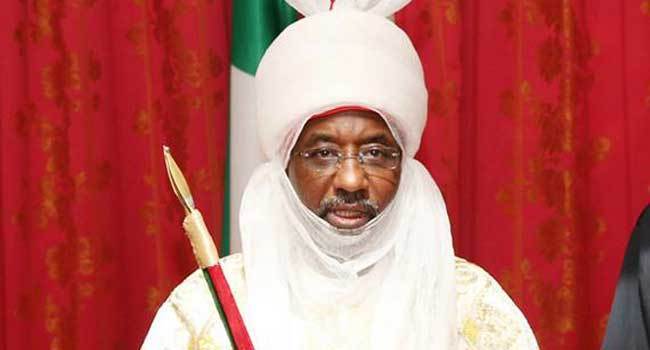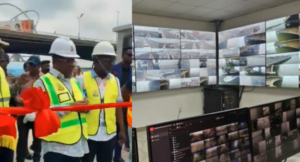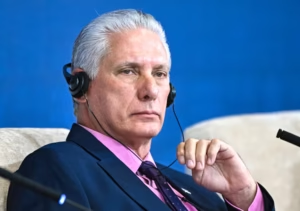
The Former Emir of Kano, Alhaji Muhammadu Sanusi II, has advised governments to invest in human capital and should aim to create enabling environment for investments, instead of borrowing to finance development.
Sanusi, a former governor of Central Bank of Nigeria, gave the advice on the second day of the Kaduna Economic and Investment Summit on Tuesday.
The former Emir also argued that “while everyone looks to the Federal Government for solutions, the truth is that its role in the economy is small; both in absolute and relative terms.”
He hailed the Kaduna State Government for not just increasing its internally generated revenue, but providing infrastructure and creating the enabling environment for both domestic and foreign investments to thrive.
Sanusi argued that the diversity of the nation’s export in the pre-oil economy in Nigeria “meant that it was less vulnerable to terms of trade shock driven by any one export in particular.”
He, however, lamented that the nation’s economy had not been diversified over 60 years after the discovery of oil in the country.
Sanusi, who compared Nigeria and Malaysia, said that the latter had transformed from an exporter of primary products to manufacturing over a 30-year period from 1970 to 2,000, adding that its “GDP/capita increased from $310 to $4,045 within that period.”
The renowned economist said Nigeria had generated an increase in wealth from $345 in 1985 to $2,655 in 2015 GDP/capita but “without any structural transformation in what the country actually produced.”
He pointed out that the export of crude petroleum and oil obtained from bituminous materials contributed almost the same increase in wealth in Nigeria within 30 years.
He said that the difference between African countries and those in Asia is that they have diversified from primary to secondary and tertiary sectors of the global economy.
“The major difference is that they have moved on but we have not,” he lamented.
More in Home
Sanusi pointed out that Malaysia had the same factors that Nigeria had been using as an excuse for failing to develop, adding that both countries were multi-ethnic and had fought wars.
The deposed Emir lamented that Nigeria was still a consumer nation instead of being a producer by seizing on the investments that the government had done in technology.
“Africa’s failure has been in not leveraging the underlying infrastructure; towers and undersea cables, to catalyse the development of older and new industries,” he said.







